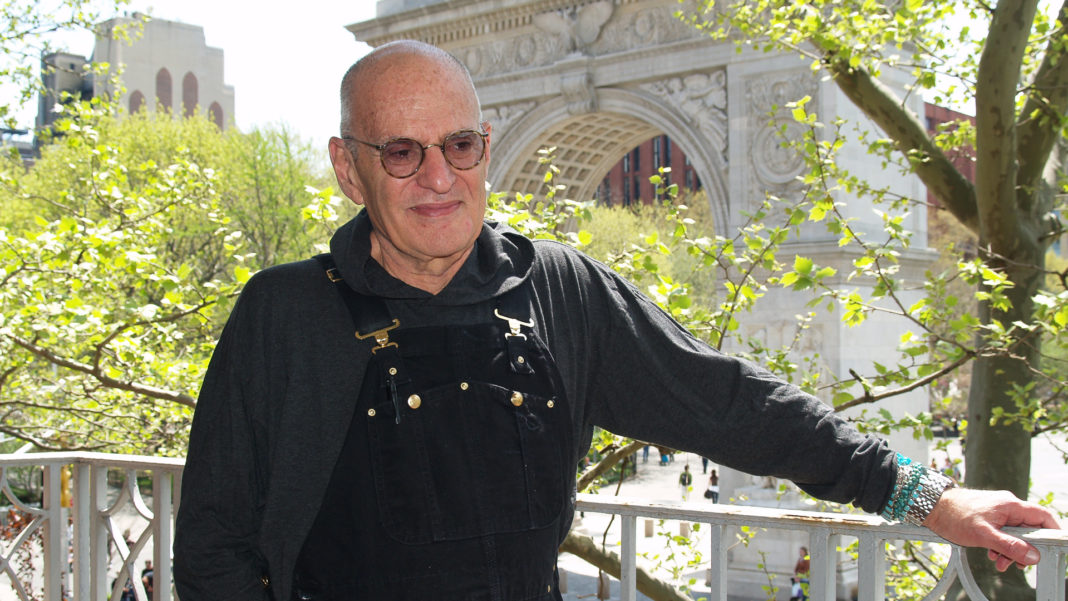1985 was approximately four years into the AIDS epidemic. Larry Kramer had already been very vocal about the U.S. government’s failures as it related to the disease that was killing gay men across the world. He railed against the lack of efforts to better the care and treatment for those suffering and the lack of efforts to find a cure. His play, The Normal Heart, opened in April of that year at New York’s Public Theater.
It wasn’t just a play. It was Kramer firing warning shots across the bow of apathy by wrapping it in an entertainment. With this play AIDS become tangible for those who had previously relied on what little news coverage there was on a regular basis, or worse, thought it was just the disease that infected gay men. Through his writing, the failings of the Reagan Administration became more than politics, they became a catastrophe that was measured death by death.
I first saw The Normal Heart when I was in my mid-20s. In late 1985 there was a production in Los Angeles that starred Richard Dreyfuss, Bruce Davison and Kathy Bates. Lacking any personal experience with AIDS, I was profoundly moved and fiercely angered.
The play also presented a dilemma for me. Do I come out as a gay man when the identity of gay men was tied to an incurable disease? Do I spend more time in the closet because my own shame wouldn’t allow me to join in anything more than quiet solidarity? Could not acting on my sexuality save my life? I’m not proud of the decision I made.
In 2011 I went to see the first Broadway production of The Normal Heart. The emotion that the entire audience experienced was more heartbreaking than I had remembered from 1985. We had navigated our way out of the crisis but never fully solved it. When the names of those who died from HIV/AIDS were projected on the walls of the stage at the plays’ conclusion, there wasn’t a dry eye in the house. Never had I seen an audience move so quietly from the theater onto the streets of the city. Their silence was deafening, but it was finally the right silence.
At the Tony Awards that season, Kramer was finally acknowledged for his work as a playwright when the production won for Best Revival of a Play.
Six years ago I interviewed Dreyfuss about his experiences in the play just as the HBO movie of The Normal Heart was about to premiere. Here’s what he had to say about the experience of introducing audiences in Los Angeles to Larry Kramer and his work.
“It’s a pretty exciting thing to provoke an audience into demanding that they listen and watch and they did. The whole play is a scream of empathy and love and it doesn’t matter that he’s an irritant. Look at what he’s fighting. Anyone with a brain knows that this is a man who is grieving over the loss of his own. Larry himself is more willing to go toe-to-toe with people. He may have a posture, he can misinterpret a phrase and take it as something to ignite, but for the most part he’s a sweet gentleman.”
The lion who was also “a sweet gentleman” passed away yesterday. Just as the world is confronting another pandemic that, in many governments around the world, is being met once again with apathy and indifference.
Though I never met Kramer, I imagine if I asked him about the state of the world today he would say, “We just never learn.” Through his own battles with HIV and liver disease Kramer never stopped fighting. He never stopped advocating. He never stopped pissing people off. Just as we need better leaders, the world could use more people like Larry Kramer.
Photo of Larry Kramer by David Shankbone/Courtesy of Wikipedia Commons











